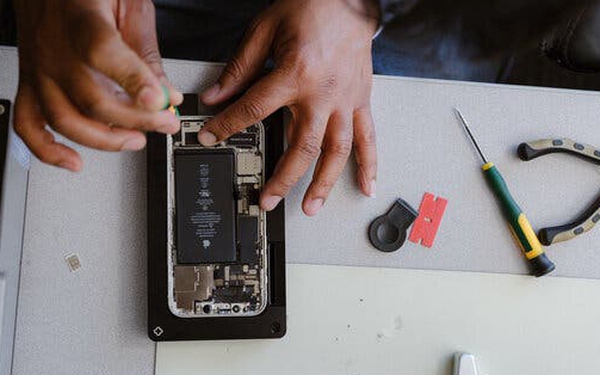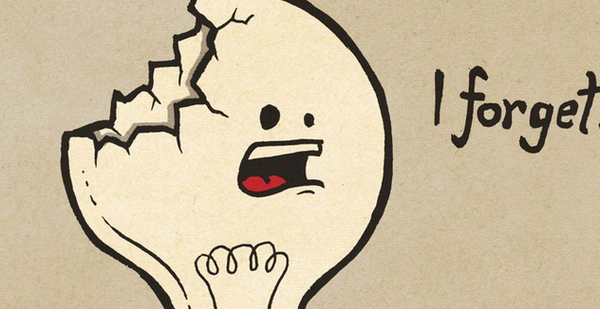Swirling with record inflation, the people of Europe’s richest country rushed to invest in “concrete gold”
Germans are naturally inclined to worry about inflation. Currently, there are many issues that need attention. Consumer prices are rising at an annual rate of more than 5%. Producer prices in Germany also increased by nearly 26% year-on-year in February 2021. This was the highest increase since 1949, signaling that consumer price inflation could rise even higher.
That makes Germans feel uneasy as 3 trillion euros ($3.3 trillion) in German household assets are held in cash and bank deposits. This amount earns a low or negative yield.
Therefore, many Germans pour cash to buy houses, which are likened to “concrete gold” because of its value-retaining properties. But another noun vividly describes the people’s current state of mind: Torschlusspanik – the fear that the door is about to close.
Those looking to buy a home to hedge against inflation said they got in quite late. House prices have been rising for more than a decade and have accelerated in recent times. The Europace index of house prices in Germany in February was almost 15% higher than in the same period last year. Postbank’s head of real estate, Eva Grunwald, attributed the latest increase to worries about inflation and rising interest rates.
Rising construction costs and a shortage of new homes are also responsible for rising house prices. Homeowners may not want to sell their units because the cash collected quickly depreciates. Housing listings on the popular German real estate portal Scout24 SE are down 12% in 2021.
In the short term, experts believe that soaring inflation will promote more panic buying. This can cause home prices to exceed levels demonstrated by financial fundamentals, increasing the risk of a price correction. If that happens, the home may no longer be the store of value that buyers expect. The agencies have the right to be vigilant, but their interventions so far have not been enough to burst the bubble.
In 2008, Berliners rarely discussed house prices. The property market has been sluggish for years and rents are unbelievably low. Looking back, it was a great time to buy a home. Since then, falling mortgage rates, combined with strong demand for urban housing, have resulted in an incredible boom.
Average housing prices have more than doubled. In the affluent neighborhoods of Berlin and other major cities, house prices rose even more. Meanwhile, housing construction of about 300,000 units a year is 25% below the new government’s target.
However, it would be an exaggeration to say that Germany has become a nation of real estate speculators. The country still has the lowest home ownership rate in the European Union. The EU average is 70% and about 65% of US households own property. In Germany, the figure is about 50%.
Germans do not move houses to make a quick profit because of high transaction costs and taxes. Lending standards have also remained pretty solid. Borrowers often put down a 20% deposit and choose to repay the loan fairly quickly.
The bad news is that homes have become expensive. According to research published by the German Pfandbrief Banks (VDP) association in 2021, an owned house or apartment costs about 422,000 euros. The deposit requirement is around 84,000 euros. “Concrete gold” becomes an inflation hedge only for the rich.
Last year, Germany’s financial capital Frankfurt led the annual survey of the urban housing market. The survey shows that inflation-adjusted prices have increased by 10% annually since 2016. Germany’s wealthy Munich ranks fourth, behind Toronto and Hong Kong.
Business and Marketing
at Blogtuan.info – Source: cafebiz.vn – Read the original article here



